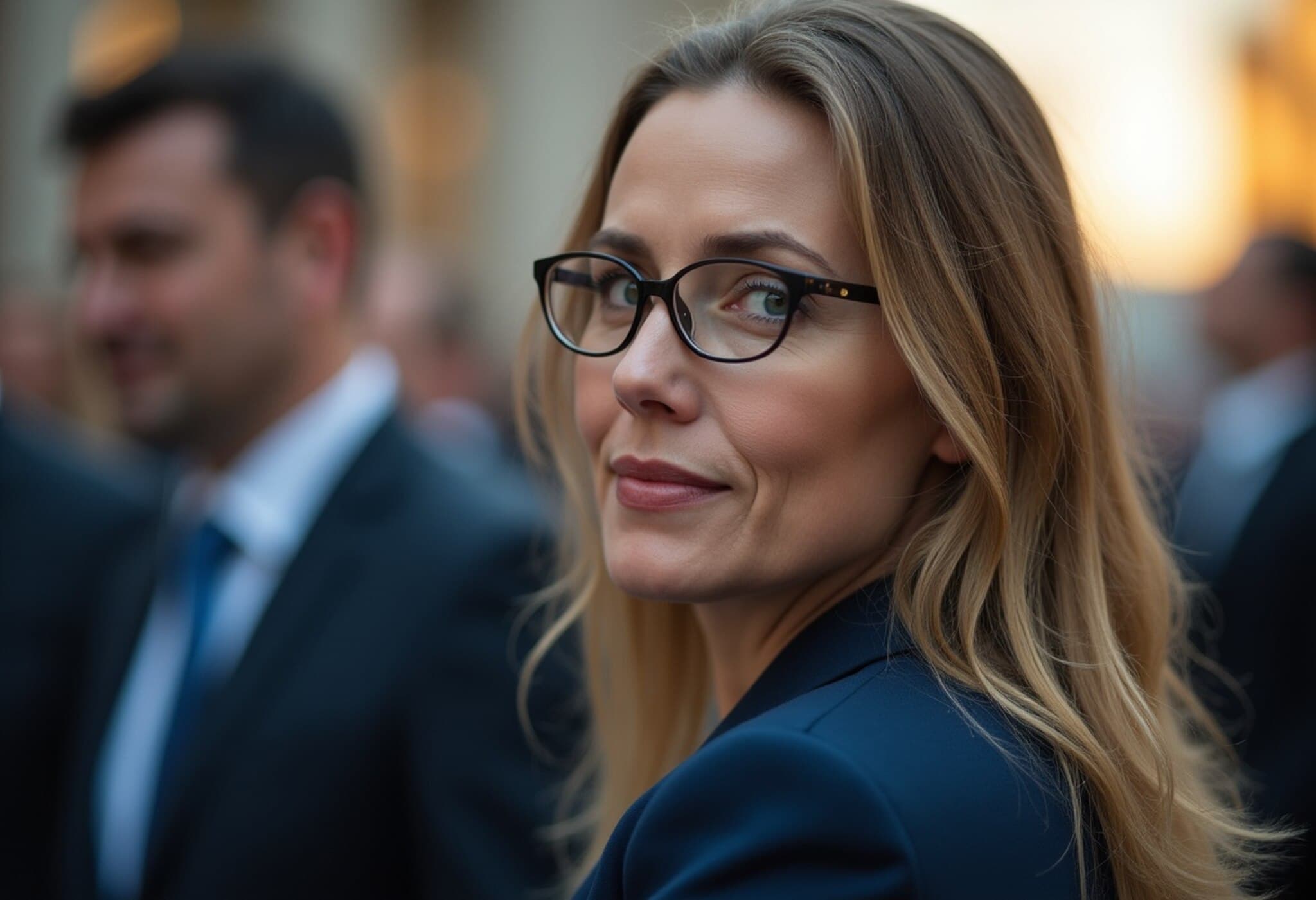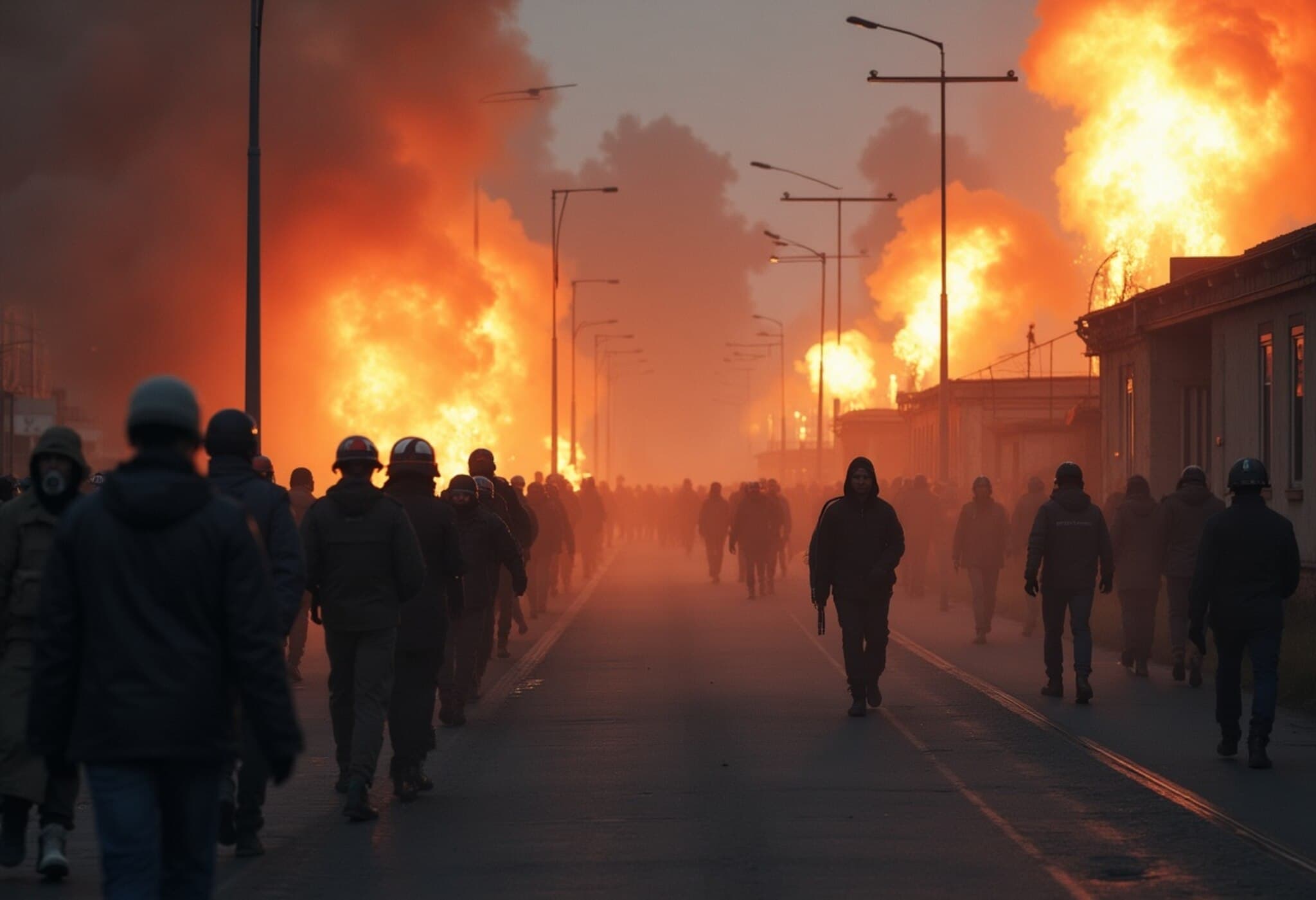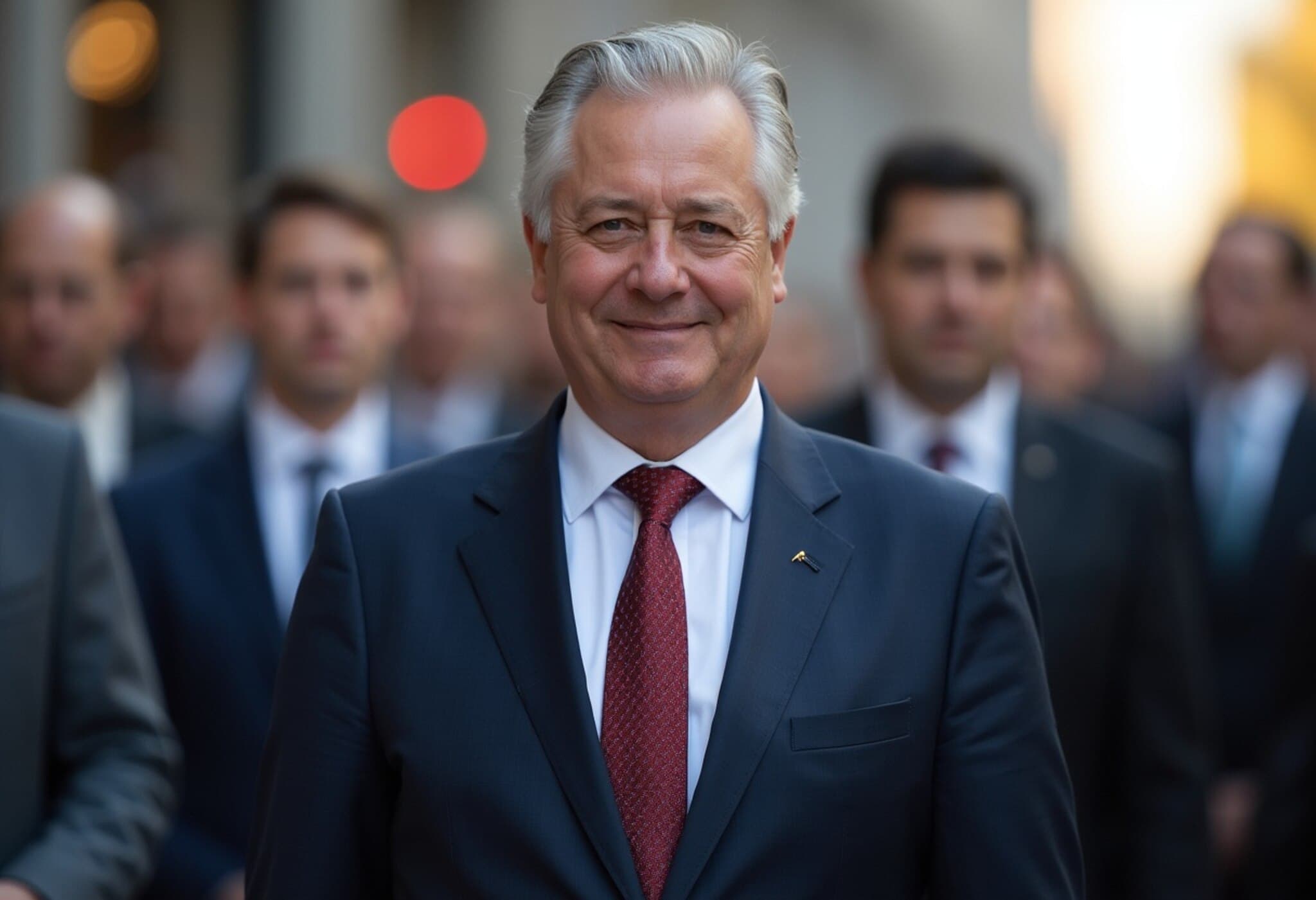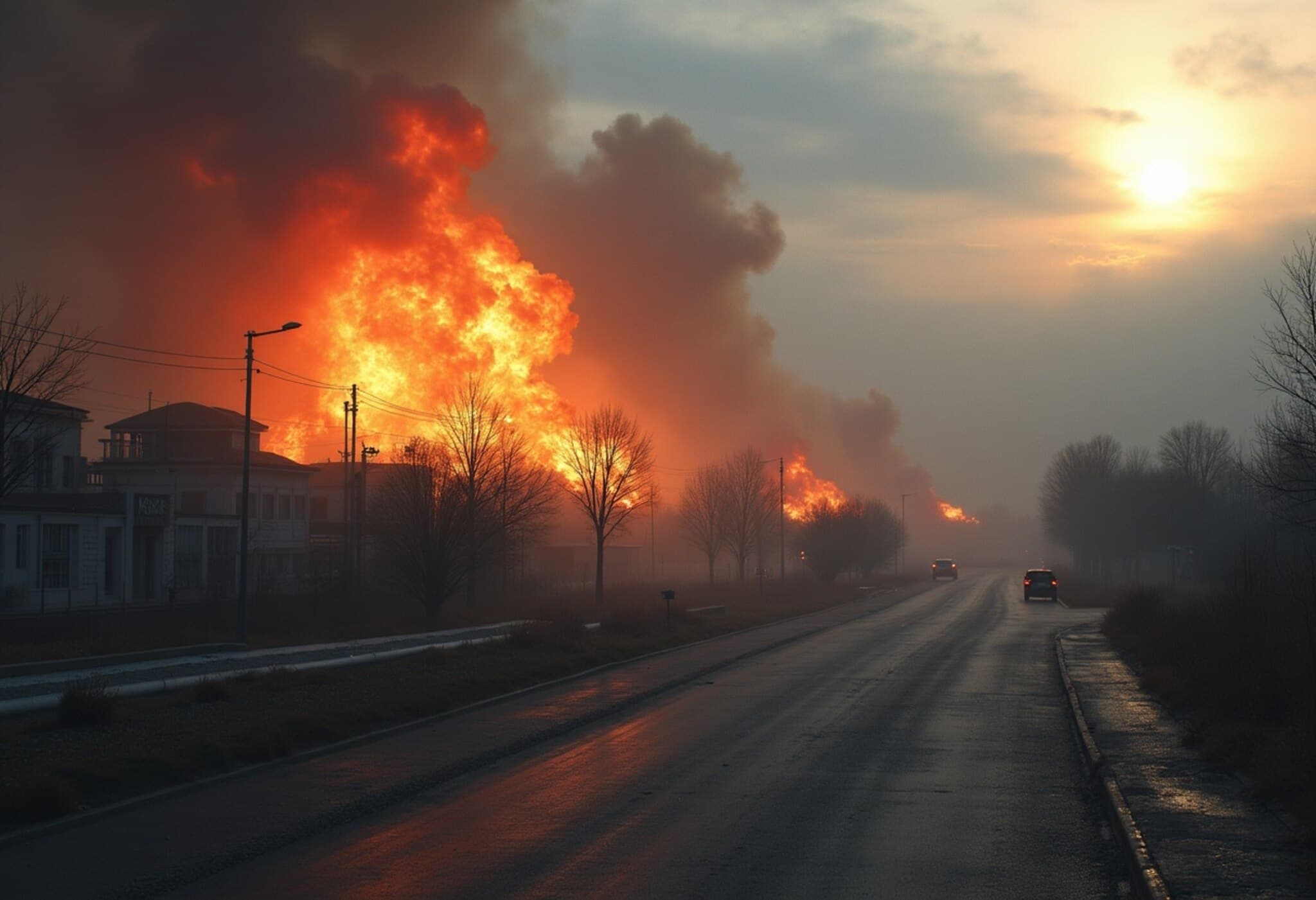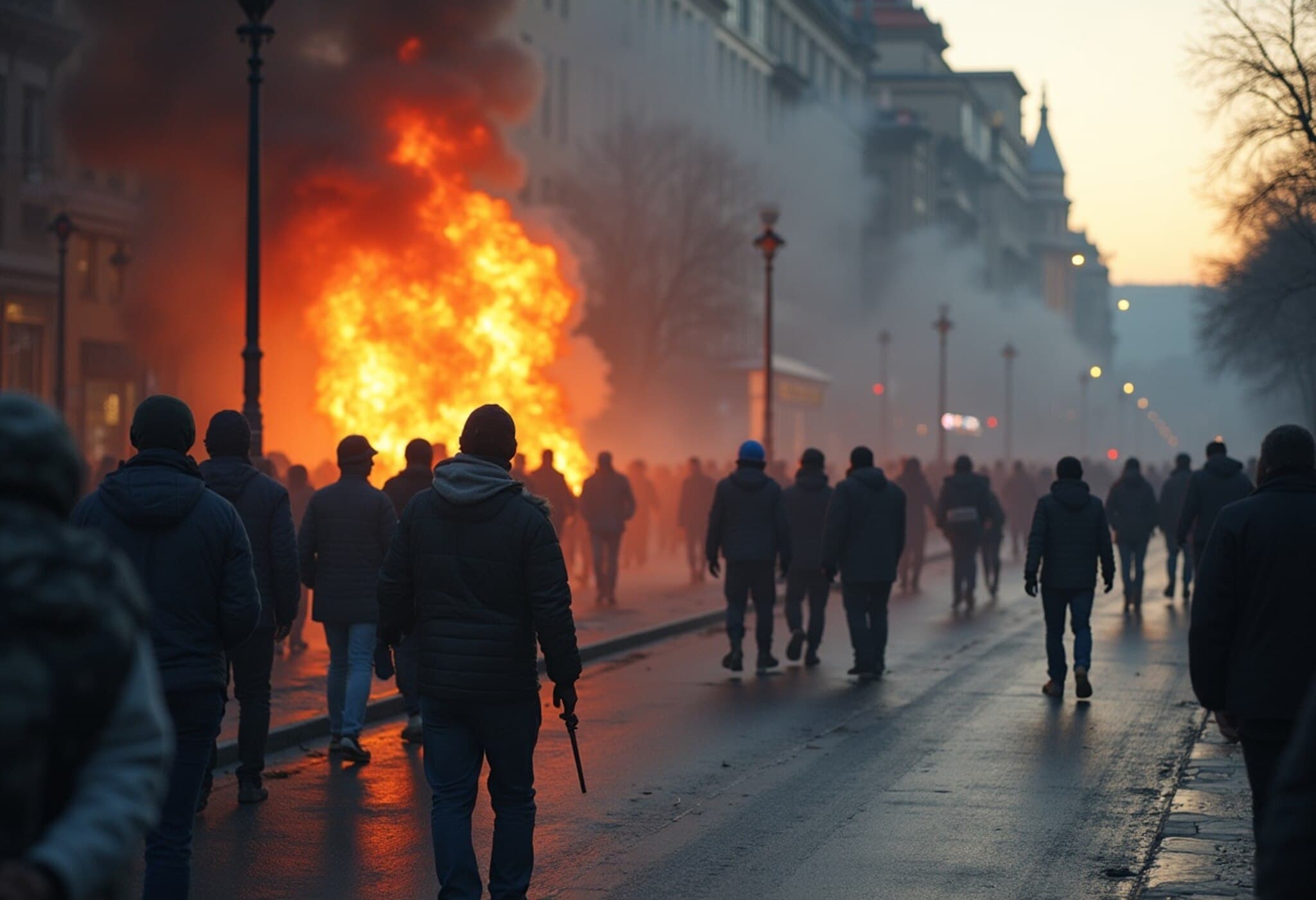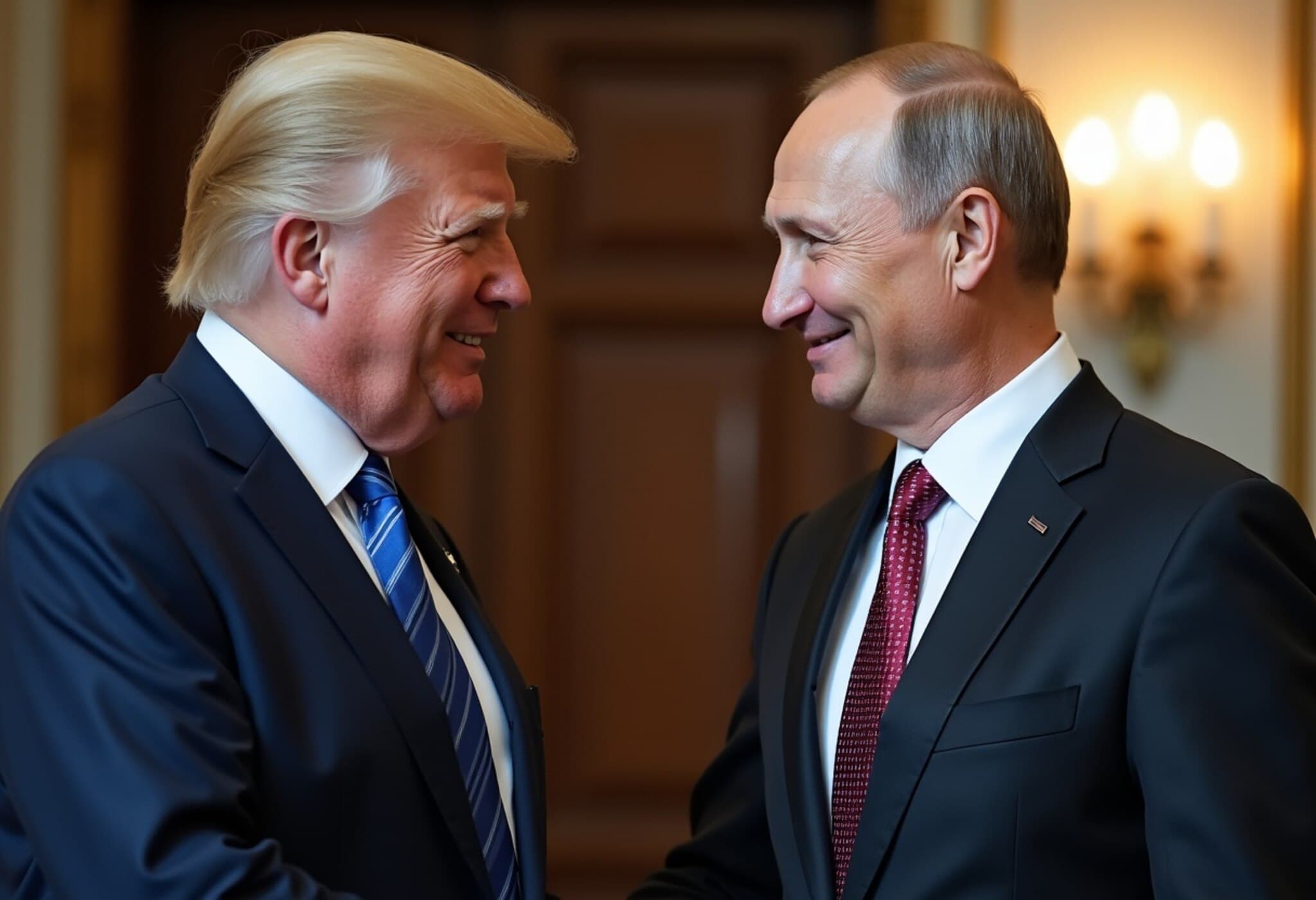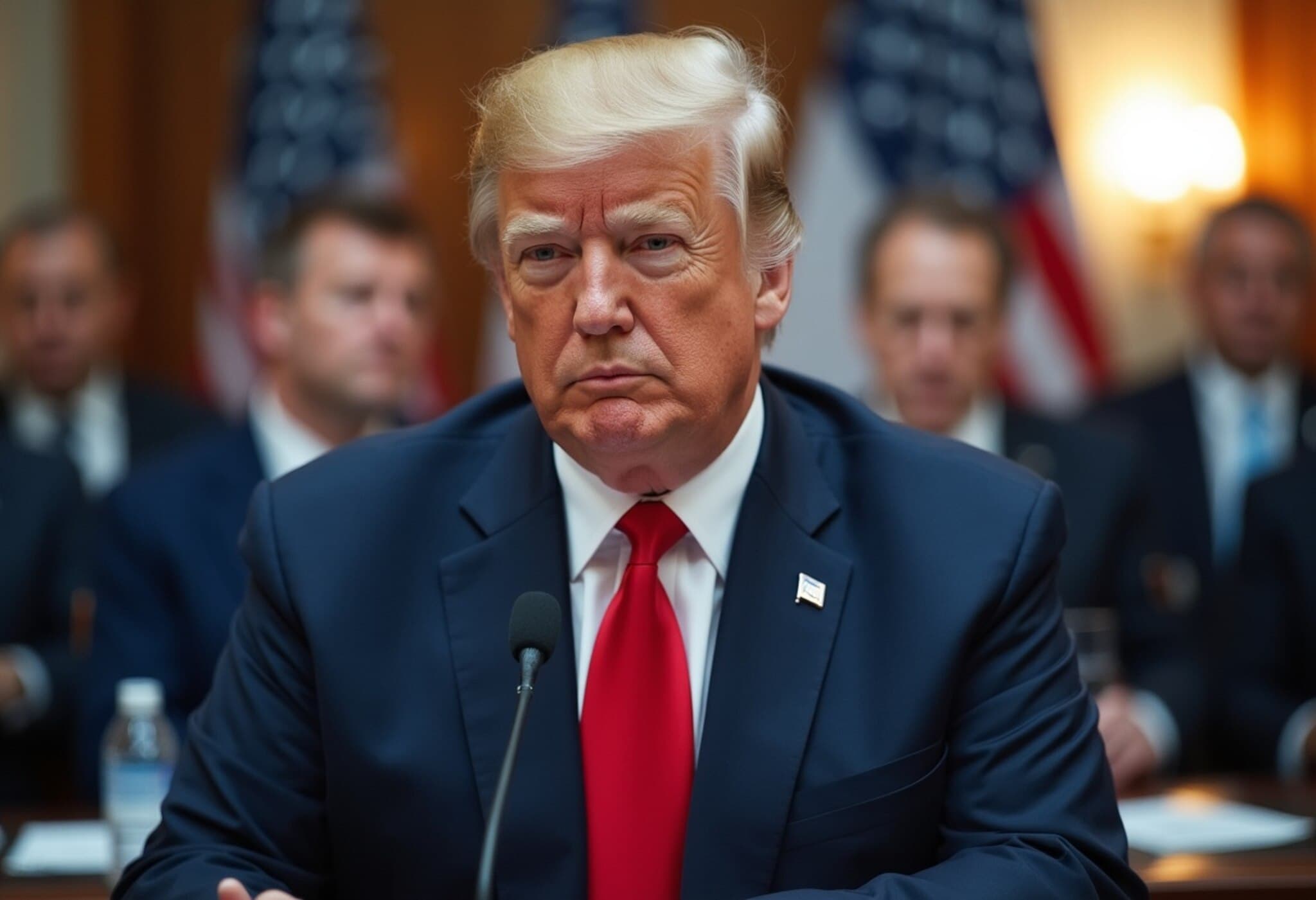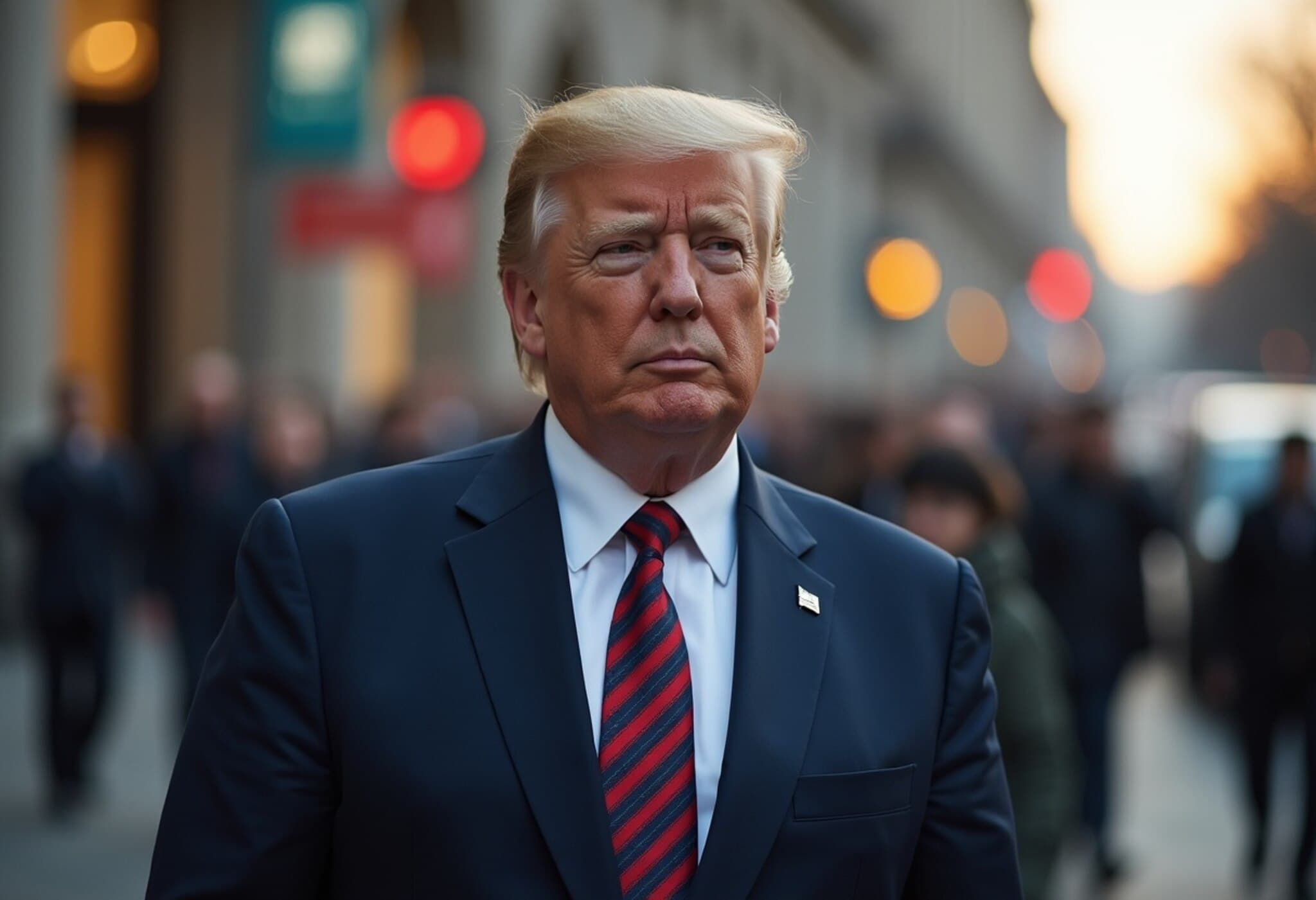Ukraine's Government Undergoes Major Reshuffle Amid Ongoing Conflict
In a significant political development amid the enduring conflict with Russia, Ukraine's Prime Minister Denys Shmyhal tendered his resignation on Tuesday, setting the stage for a strategic government realignment. This announcement follows closely after President Volodymyr Zelenskyy unveiled the most substantial cabinet reshuffle since the outbreak of war in 2022.
Key Leadership Changes Announced
President Zelenskyy has appointed Economy Minister Yulia Svyrydenko as Shmyhal's successor, marking a landmark moment as Svyrydenko becomes Ukraine's new Prime Minister. Meanwhile, Denys Shmyhal is slated to take on the crucial role of Defense Minister, reflecting the government's prioritization of military leadership at this critical time.
This reshuffle signals a strategic pivot within Ukraine’s leadership amid prolonged hostilities and diplomatic deadlocks with Russia. The decision to transition an economy-focused leader to the premiership — while assigning the outgoing PM to defense — underscores the government’s dual focus: sustaining economic resilience and strengthening defense capabilities.
Context: The War and Diplomatic Stalemate
As the conflict with Russia enters its third year, direct peace negotiations have stalled, with little progress towards lasting resolution. Against this backdrop, the United States recently announced a significant escalation in military support for Ukraine, reversing prior policies and injecting fresh momentum into Kyiv’s defense efforts.
These shifts in both international backing and domestic leadership highlight the complex balancing act Ukraine faces: managing the pressures of wartime governance while fostering economic stability and international support.
Expert Insight: What This Means for Ukraine’s Future
Bringing Yulia Svyrydenko, an experienced economy minister known for her pragmatic approach, to the helm could invigorate Ukraine’s efforts to sustain its economy under wartime strain. Her leadership is expected to drive reforms aimed at maintaining fiscal discipline and international confidence, which are vital as Ukraine leans heavily on foreign aid and investment.
Simultaneously, Denys Shmyhal’s move to defense minister could enhance coordination between civilian government and military operations, leveraging his premiership experience to prioritize effective resource allocation and strategic defense planning.
Broader Implications for Regional Stability
Ukraine’s cabinet shuffle reflects not just internal recalibration but also sends a clear signal to allies and adversaries alike: Kyiv is reorganizing to better confront ongoing challenges. For the U.S. and European partners providing military and economic aid, these changes may offer reassurance of Kyiv’s commitment to governance reforms even during conflict.
However, the reshuffle deepens questions about the war’s trajectory and Ukraine's capacity to sustain long-term resilience. Observers will watch closely how these leadership roles evolve amid continued military pressure and diplomatic uncertainty.
Summary Box: Key Takeaways
- Denys Shmyhal resigns as Prime Minister, moving to Defense Minister role.
- Yulia Svyrydenko, Economy Minister, appointed new Prime Minister, signaling economic priority.
- Reshuffle is largest since Russia-Ukraine war began, reflecting wartime leadership adjustments.
- Peace talks with Russia remain stalled amid fresh U.S. military aid to Ukraine.
- Strategic shift aims to balance defense strengthening with economic resilience.
Editor’s Note
As Ukraine navigates one of the most challenging periods in its history, this government reshuffle is more than a mere cabinet change—it is a strategic recalibration reflecting the dual battles on the frontlines and in the home economy. While leadership changes offer hope for renewed effectiveness, persistent geopolitical volatility and war pressures raise profound questions about Ukraine’s path forward. How will these shifts influence Kyiv’s ability to maintain domestic stability and sustain international support? The coming months will be critical to observing how these new leaders steer the country through uncertainty and conflict.
Our ongoing coverage will continue to track these developments, providing in-depth analysis and contextual insights on one of the 21st century’s defining geopolitical conflicts.










